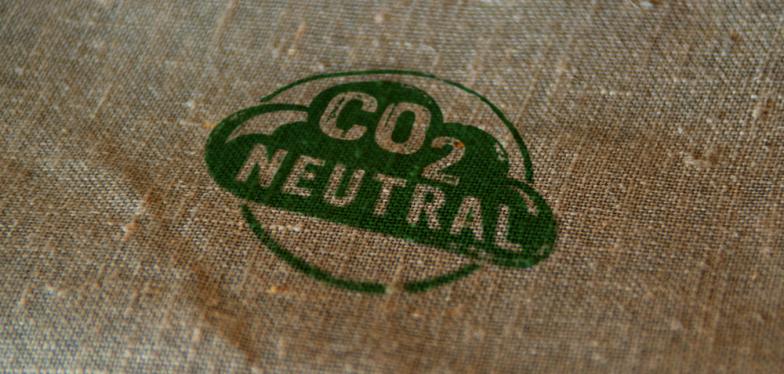Brugge cheese: Belgium's first carbon-neutral cheese
Consumers want to live, travel and eat more sustainably, and producers are eager to follow in their footsteps. Like the Belgian dairy cooperative Milcobel, which claims to be the first to market a carbon-neutral cheese.

This kind of sustainability label requires effort in many areas. First, the emission of all greenhouse gases (carbon dioxide, methane, nitrous oxide, etc.) is calculated in the entire production chain, i.e. from the cow in the field to the cheese on the plate. This also includes transport and packaging. Carbon dioxide emissions have already been reduced recently, but they will have to be decreased by another 35% by 2035. However, there are pilot projects with the Research Institute for Agriculture, Fisheries and Food (ILVO) on, for example, storing CO₂ in grasslands, which could absorb as much as a forest. Two-thirds of Milcobel's dairy farmers are implementing energy conservation measures, while more than half are already using solar panels, a wind turbine or a manure digester to generate their own renewable energy. Similarly, half of the water needed for milk processing is purified and reused, for cleaning the facilities for example.
However, Milcobel is aware that the energy savings it is making are not yet sufficient to produce a fully carbon-neutral cheese. It will therefore largely offset the remaining CO₂ emissions by supporting a certified climate and wind project in India.